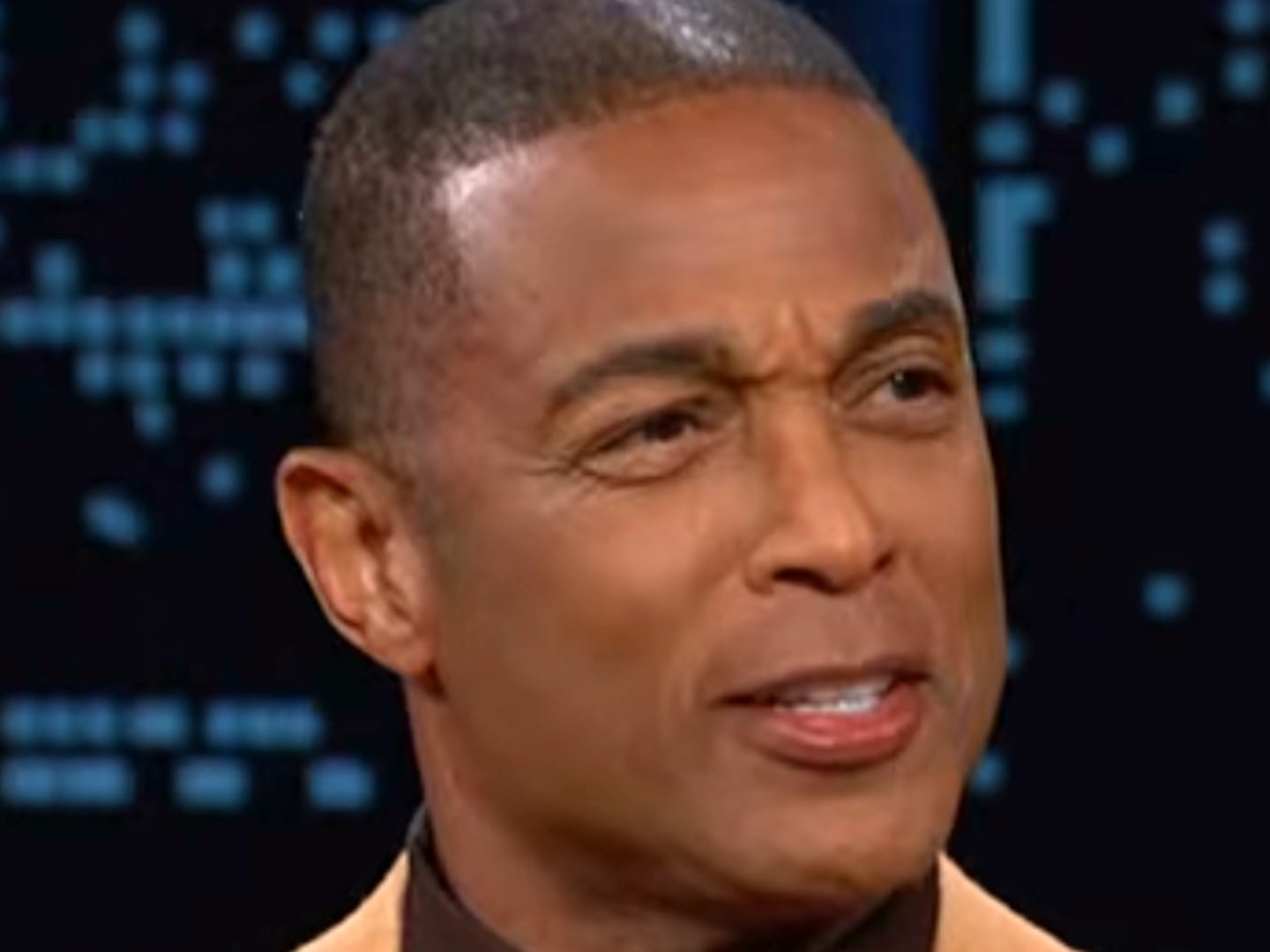Could the future of the world have really been determined by the meeting of two angry, physically sick young men one night in an abandoned warehouse, both more up for a fight and macho beefing than being transformed into agents of a history-altering assassination?
The blood on their handkerchiefs when they cough shows their physical frailties, and also prefigures the blood they will infamously help to be spilled.
In the background of Rajiv Joseph’s engaging if flawed play Archduke, first performed (and since rewritten) in 2017, is the specter of the First World War and the event widely held to be its spark, the assassination on June 28, 1914 of Archduke Franz Ferdinand, the heir presumptive to the throne of Austria-Hungary.
That pivotal moment in world history is where this Roundabout Theatre Company production ends (Laura Pels Theatre, to Dec. 7). But its main body is a physical comedy-packed human farce centered around the Archduke’s real-life assassin, Gavrilo Princip (Jake Berne), two of Princip’s co-conspirators, Trifko Grabež (Adrien Rolet) and Nedeljko Čabrinović (Jason Sanchez), and the resonantly booming voice and presence of Patrick Page as Dragutin “Apis” Dimitrijevic, the leader of the Red Hand, the secret Serbian military society that allegedly trained them and oversaw the execution.

Dimitrijevic is aided by Sladjana, a maternal and menacing housekeeper played by the ever-fabulous Kristine Nielsen, whose gallery of eccentric mannerisms and facial muggings are made for merrily stealing scenes. Her double act with Page—paternal, terrifying, and whose percussively rich voice fills the theater—recalls other darkly comedic pairings, like Sweeney Todd and Mrs. Lovett. You may not want to eat any of her culinary creations when, in the hushed confines of a chapel, she reveals her recipe for brandied cherries.

The play, directed by Darko Tresnjak, explores the young men’s pliability and suggestibility, and Page’s tenderness towards these “boys,” combined with his determination and political zeal to see the murderous job done.
A jazzed-up James Bond theme sets the absurdist tone, which has Page wringing his hands in despair at the seeming ineptitude of these young men in being would-be assassins. They initially seem the worst choices for the job—weak, undisciplined, prone to asking too many questions, unable to focus, clumsy, always falling over and fighting. But Dimitrijevic sees something in them, particularly Princip, and sets to work physically and psychologically molding them into killers. Alexander Dodge’s set design of rooms, church, and a formidable map of foreign lands emphasizes both the largeness and smallness of unfolding events.

The play is well-acted if not well-constructed; its comedy, its not-getting-to-the-point and detours into political history, feel dry and grating. But in an excellent cast, Berne wittily captures Gavrilo as the nervous, unsure killer, eventually convinced by Page of his innate qualities to do the job at hand. Berne has a lovely comic-duo chemistry with an equally confused yet pugnacious Sanchez; their similarities stun them from aggression into a friendship.
A strong final scene sees the three young men heading towards Sarajevo on a train to assassinate the Archduke, wondering aloud what if they just don’t do it, what if they turn their backs on violence and choose another life, maybe just sit and eat some delicious sandwiches, watch the world go by—and choose lives that will not be defined by a momentous act of notoriety. This, Joseph illustrates, is the true absurdity of history writ large and small: all those roads not taken being so tantalizingly adjacent to the one that ultimately, sometimes shatteringly, is.






